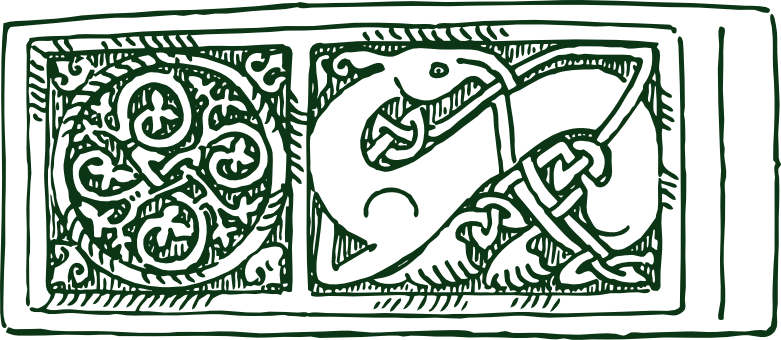A. E. MacRobert
Articles by this author
|
Mary Queen of Scots' Last Night in Scotland TDGNHAS Series III, 78 (2004), 111(4.91 MB)
Abstract
It is frequently stated as fact that Mary Queen of Scots stayed at Dundrennan Abbey on her last night in Scotland. There is no valid evidence that she did so. |
|
The Statistical Accounts Recent, Recent (Social), History, Antiquarian TDGNHAS Series III, 82 (2008), 83(2.63 MB)
Abstract
This article explores the distinctive features of the Accounts for the shires of Dumfries, Kirkcudbright and Wigtown and the changes revealed in the lives of the people and their environments between the First and Second and between the Second and Third A |
|
Were the Wigtown Martyrs Drowned? A Reappraisal TDGNHAS Series III, 84 (2010), 121(3.44 MB)
Abstract
This article explores the vituperative controversy which erupted in the mid 19th century over whether the Wigtown Martyrs were drowned. As the available evidence is neither easily accessible nor widely known, it is explained and evaluated. The conclusion is that they were drowned but there remain several mysteries including what happened to a reprieve from the Privy Council. Some historians have therefore been unable to agree that the drownings took place. |
|
Lord Herries and Mary Queen of Scots TDGNHAS Series III, 88 (2014), 79(WARNING large file size: 7.34 MB)
Abstract
This article explores the involvement and conduct of Lord Herries in the dramatic events and changes which took place in Scotland in the 1560s. It also examines the significance of the Herries memoirs. John Maxwell of Terregles (d.1583) became the fourth Lord Herries in right of his wife — a custom not uncommon at that time. His wife was the daughter of the third Lord Herries who died in 1543. Terregles is on the left bank of the Nith near Dumfries. Before assuming or being granted his peerage he was known as the Master of Maxwell. As early as 1560 it was said that he ‘laboureth to be Lord Herries.’ It is not clear exactly when he became known as Lord Herries, but at least by April 1567 he was Lord Herries. For convenience he will be referred to as Herries throughout this article. |
